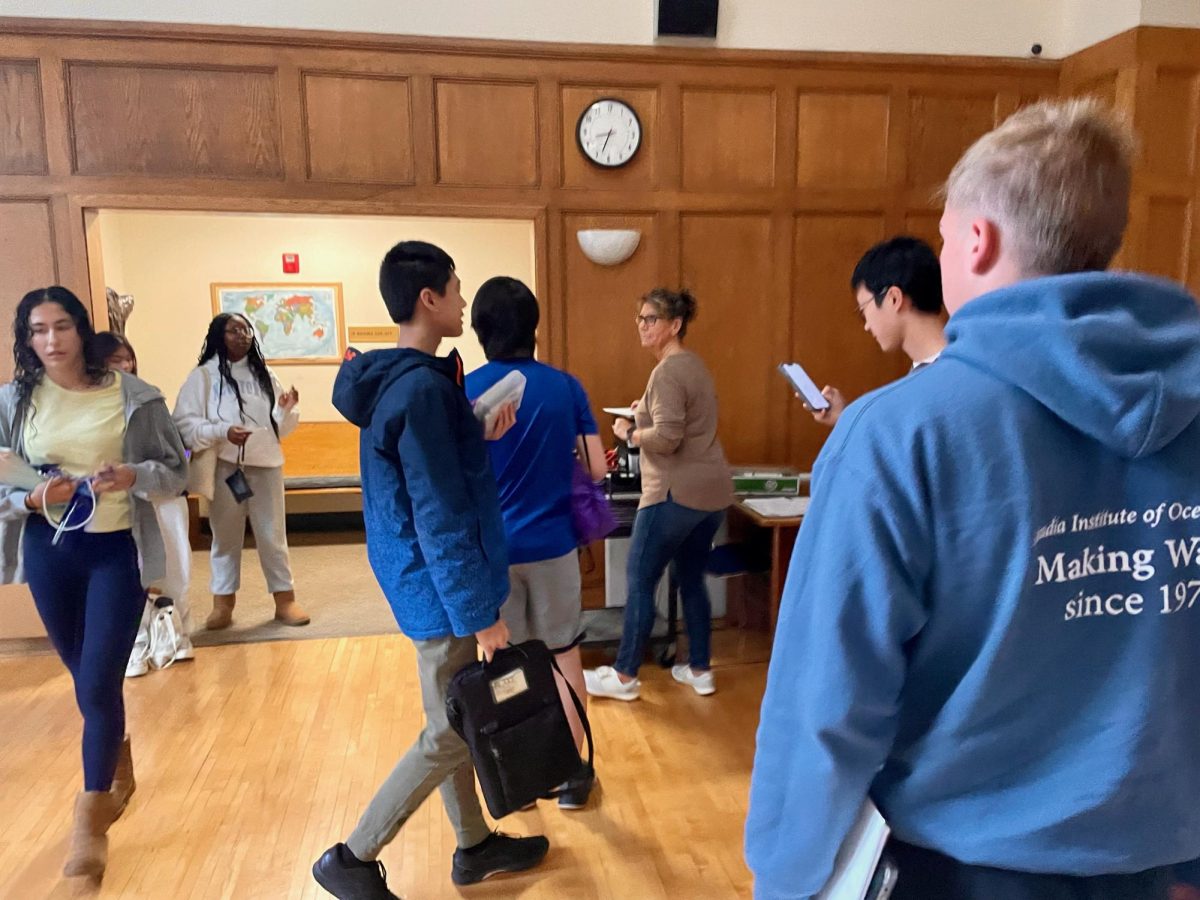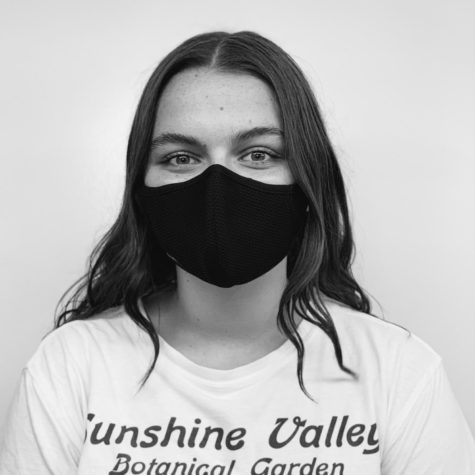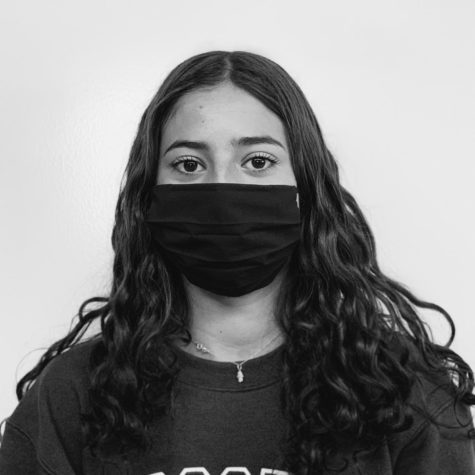As personal, professional, and global stressors continue to compile, it becomes more difficult to prioritize well-being, as mental and emotional health are often pushed to the side. It is easy to convince yourself that poor mental health is not a good enough reason to take a break from school. However, research conducted by the World Health Organization (WHO), proves that mental health has a big impact on performance in school as they found that anxiety and depressive disorders cost more than a trillion dollars globally in lost productivity each year.
From time to time, everyone needs to take a “mental health day,” which is a day meant to help reduce stress and burnout. It can provide a pause from schoolwork, technology, and other obligations. These days are crucial to maintaining overall health and well-being, both in and outside of school.
It is important to remember that mental health is just as important to our overall well-being as your physical health. Just like any illness or bodily distress, your mind needs time to rest and recover. Furthermore, normalizing taking care of your mental health and reaching out for help is key. According to the Center Disease Control and Prevention (CDC), 7.1% of U.S. children (approximately 4.4 million) have diagnosed anxiety and 3.2% of children (around 1.9 million) have been diagnosed with depression. Unfortunately, youth depression rates are on the rise, according to Mental Health America.
Depression, anxiety, and other mental illnesses, have been shown to negatively affect performance in school and interfere with personal relationships. Since school takes a tremendous amount of brain energy and attention, taking care of your mind is extremely important. Taking a mental health day can help refresh your mind and relieve stress. During this stressful time, a day dedicated to mental health is extremely beneficial.
A rigorous academic environment is overwhelming for anyone. However, dealing with mental illness makes this more difficult. So, if school is already hard, why are we making it more difficult for students? As someone who struggles with anxiety on a daily basis as well as depression, mental health days are not just helpful, but they are necessary. The feeling of being too stressed or anxious to finish homework, is far too familiar for many people, including myself.
Mental illness is often invisible and therefore, it is nearly impossible to recognize if someone is struggling. This is why we must support the well-being of students, offer resources, and provide non-judgemental spaces for people of all identities. Not only will this improve the general well-being of the Blake community, but it will also help to take down the stigma surrounding mental illness.
From counselors to affinity groups, Blake has made an effort to prioritize the well-being of students. However, with the ample resources available to Blake, we can all do more. Changing the language we use when discussing mental illness is key. Rather than contributing to negative ideas, ensure that these discussions foster safe and supportive spaces. Furthermore, increased understanding and grace in difficult times can go a long way. With all of these resources and methods available, mental health of students can become a priority.









